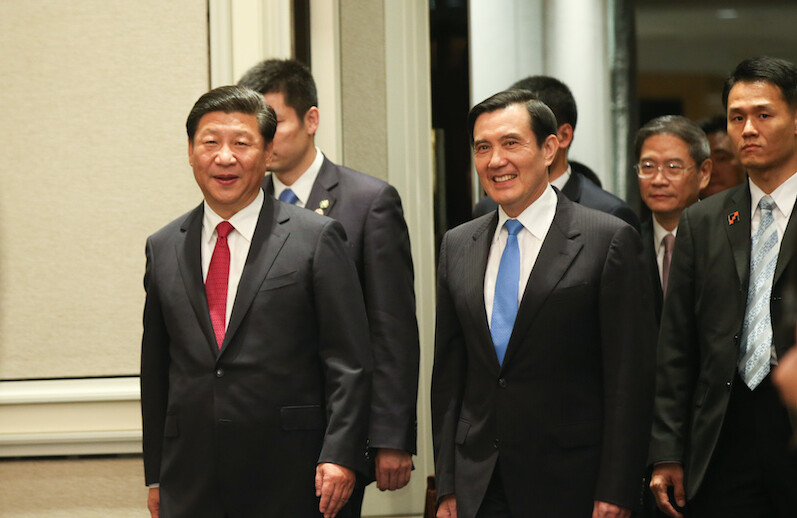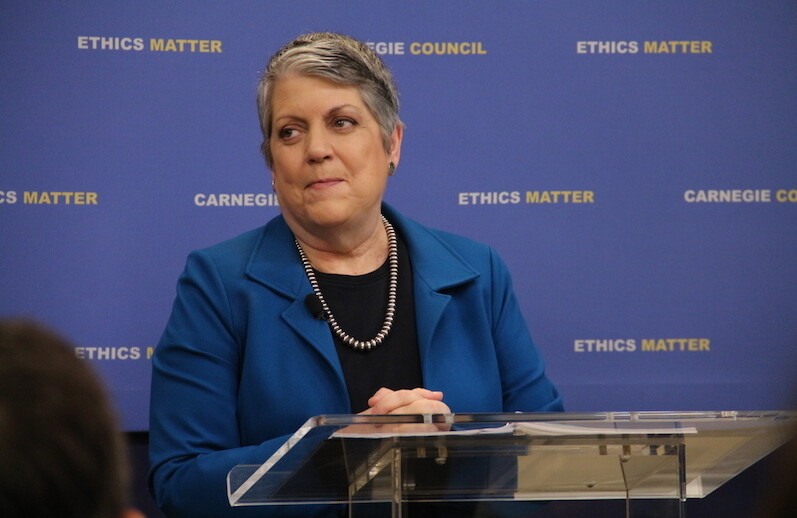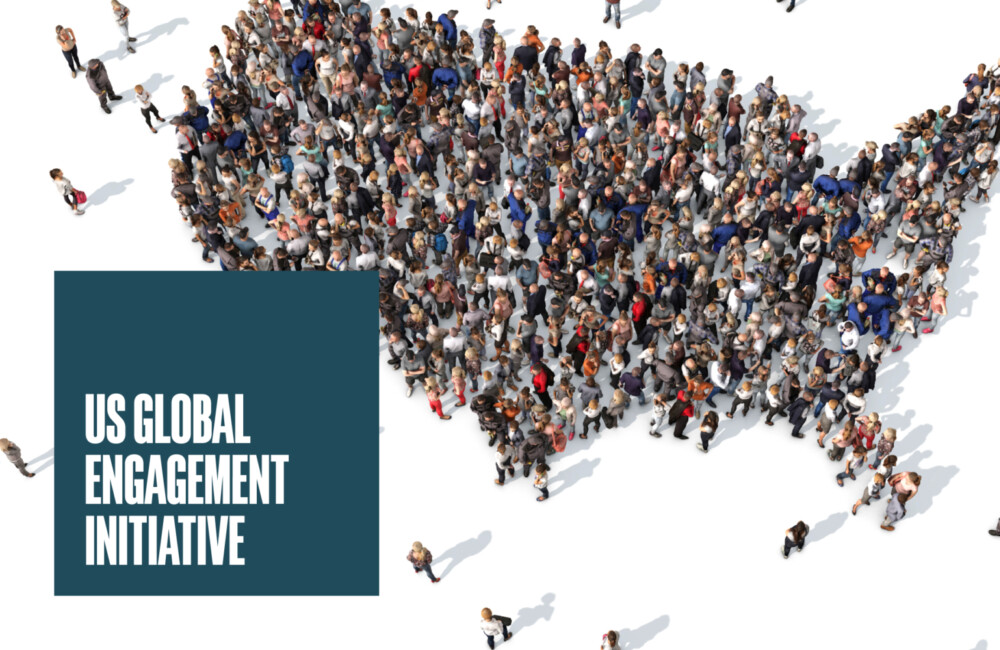Framing ethical perspectives
Multilateralism refers to a group of nations working together for a common goal. It is at the heart of international relations as nation-states form alliances with like-minded countries to take on global issues, such as climate, emerging technology, inequality, and collective security. Carnegie Council sees multilateralism as essential to generating solutions to global problems and a critical component of an ethical present and future.
Featured Multilateralism Resources
Inclusivity, AI & climate governance, and more
FEB 27, 2024 • Video
A Carnegie Council Conversation with the UK Home Secretary
MAR 28, 2024 • Video
Unlocking Cooperation: The Global South and Global North
In the inaugural panel of the "Unlocking Cooperation" series, Ramu Damodaran leads a discussion on forging a path forward for Global South/North collaboration.
OCT 18, 2023 • Video
Unlocking Cooperation: A Global Ethics Day Special Event
In this keynote event for Global Ethics Day 2023, Carnegie Council President Joel Rosenthal led a conversation on the psychology behind cooperation; ways that states, institutions, ...
Subscribe to the Carnegie Ethics Newsletter for more on ethics and international affairs
Related Initiatives
Model International Mobility Convention
The primary goal of the Model International Mobility Convention (MIMC) is to formulate new rules for migration and asylum that can benefit both migrants and refugees as well as their states of origin, transit, and destination.
Carnegie Ethics Accelerator
The Carnegie Ethics Accelerator is a new kind of incubator designed to empower ethics in the face of swiftly evolving challenges in technology and public policies.
Explore Our Multilateralism Resources
APR 22, 2019 • Podcast
Human Rights, Liberalism, & Ordinary Virtues, with Michael Ignatieff
Central European University's President Michael Ignatieff is a human rights scholar, an educator, a former politician, and, as he tells us, the son of a ...
APR 8, 2019 • Podcast
The Crack-Up: Winston Churchill & the Geopolitics of 1919, with Andrew Roberts
In this episode of the Crack-Up series on 1919, Andrew Roberts, author of "Churchill: Walking with Destiny," examines how Churchill dealt with the complicated problems facing ...

APR 5, 2019 • Article
Romania: NATO's Frail Anchor in a Turbulent Black Sea
"This week, together with six other former communist bloc countries, Romania marks the 15th anniversary of its NATO accession," writes Theo Stan. "If it succeeds ...

APR 4, 2019 • Podcast
China's Influence on Democracies in Asia, with Joshua Kurlantzick
As part of Carnegie Council's Information Warfare podcast series, Devin Stewart interviews Joshua Kurlantzick about his recent project on Chinese media and influence campaigns and ...

APR 1, 2019 • Article
Democratic Decline?
We are familiar with one type of democratic decline: the loss of faith by voters in institutions and politicians, the breakdown in trust in expertise ...
MAR 28, 2019 • Podcast
Global Ethics Weekly: Liberal Democracy, Empathy, & AI, with Alexander Görlach
In this wide-ranging talk, Carnegie Council Senior Fellow Alexander Görlach discusses the importance of empathy in liberal democracies, the shocking Uyghur detention in China, ...

MAR 27, 2019 • Podcast
How Safe Are We? Homeland Security Since 9/11, with Janet Napolitano
"Climate, cyber, then mass gun violence, sometimes motivated by terrorist ideology--and the ideology can most frequently be tied to far-right-wing extremism, sometimes tied to no ...
MAR 26, 2019 • Podcast
The Crack-Up: Egypt & the Wilsonian Moment, with Erez Manela
For about 18 months after World War I there was what historian Erez Manela calls the "Wilsonian moment"--a brief period when President Woodrow Wilson led ...
MAR 25, 2019 • Article
Coherence and Comprehensiveness: An American Foreign Policy Imperative
As the United States now confronts the prospect of a multi-faceted and quite possibly generational competition with China—underscored not only by recent Trump Administration ...

MAR 22, 2019 • Article
America in Decline?
A Pew Research report says that many Americans view the country as being in long-term decline. What implications does this have for U.S. foreign ...




